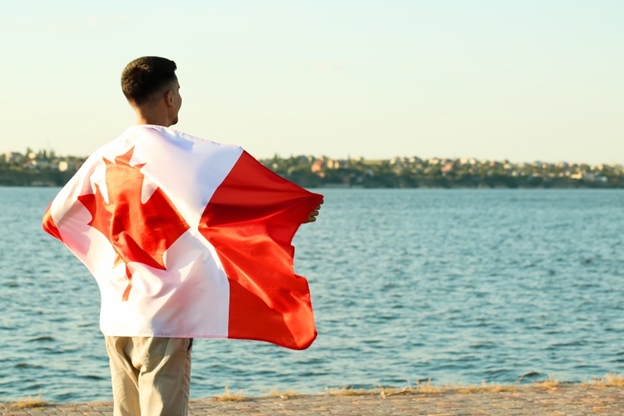
Canada welcomes millions of visitors each year, offering them the chance to explore, reunite with family, or conduct business. However, a valid Canadian visitor visa is not a guaranteed ticket for entry. In recent months, many foreign nationals have reported unexpected cancellations of their already approved visitor visas. Some are even being denied entry at the border.
Immigration, Refugees and Citizenship Canada (IRCC) has the legal authority to cancel visitor visas if it determines that the individual no longer meets eligibility criteria or has provided misleading or incomplete information. This applies even to 10-year multiple-entry visas or first-time visitors who have never overstayed.
For anyone holding or applying for a Canadian visitor visa, these are the 10 key reasons visas get cancelled according to Immigration News Canada, and what steps you can take to avoid it:
1. Misrepresentation or Fraud
This includes giving false information or using fake documents during the application. If IRCC later discovers the deception (even after approval), the visa is cancelled, and the applicant can face a five-year ban from entering Canada.
Avoid it: Be truthful in every detail. Double-check your documents. If in doubt, one should always consult a regulated immigration consultant or lawyer.
2. Criminal Record
A criminal history, especially recent or serious convictions, can lead to a visa being cancelled, even after it’s been issued.
Avoid it: Disclose any criminal history during your application. If eligible, apply for criminal rehabilitation or seek legal advice to understand your options.
3. Past Immigration Violations
If you previously overstayed a visa, submitted incorrect information, or violated any immigration law, your new visa could be cancelled or entry denied.
Avoid it: Maintain compliance with immigration rules. If you had issues in the past, gather documents that show resolution and consult a professional before reapplying.
4. Unclear Purpose of Visit or No Return Ticket
If your travel purpose does not match what you stated in your application or if you lack a clear return plan, IRCC or border agents may cancel your visa or refuse entry.
Avoid it: Stick to the original reason for your visit and book a return ticket that aligns with the intended stay.
5. Misleading Examples from Others
Just because someone got through without following the rules doesn’t mean you will. IRCC assesses cases individually, and relying on hearsay can result in denial or cancellation.
Avoid it: Trust official sources like the IRCC website and avoid following anecdotal stories or loophole strategies.
6. Inadequate Financial Support
Demonstrating proof of funds is critical. Borrowing money temporarily just to get approval or failing to show financial stability after approval can lead to cancellation.
Avoid it: Show authentic, consistent bank records. Prepare to present them again if asked at the airport or during any future trip.
7. Lack of Intent to Leave
Even with a valid visa, you must prove that you will leave Canada after your visit. A CBSA officer can ask questions on arrival, and vague or weak answers may result in denial of entry or cancellation.
Avoid it: Show strong ties to your home country. This may include employment letters, school enrollment, or family obligations, to help support your case.
8. Poor Travel History
If your previous travel includes overstays or visa violations in other countries, IRCC can factor this into their decision to cancel your Canadian visa.
Avoid it: Keep a clean immigration record globally. If you have had past issues, be transparent and show that you’ve respected the rules since then.
9. Security Concerns
Any ties to activities or organizations considered a security risk in Canada can lead to immediate visa cancellation.
Avoid it: Stay clear of any activities that raise red flags. If requested, submit background checks or police clearance certificates.
10. Significant Changes in Circumstances
If there’s a major life change, like job loss, a sudden change in financial status, or a new family situation, you must report it. If IRCC finds out on its own, the visa may be cancelled.
Avoid it: Inform immigration officials about any updates. Submit new documentation if your circumstances have changed since your initial application.
To Conclude
Holding a Canadian visitor visa is a privilege, not a right. IRCC can cancel it at any time if they believe you no longer meet the requirements. With visitor visas now under increasing scrutiny, it is more important than ever to stay informed, comply with all rules, and avoid any assumptions that your visa guarantees entry. By understanding the common causes for cancellations and proactively addressing each risk, you can better protect your visa status and enjoy a smoother, safer journey to Canada.
For more updates on Canadian immigration, visa policies, and tips for travellers, visit Immigration News Canada.
Media Contact
Company Name: Immigration News Canada
Contact Person: Kamal Deep Singh
Email: Send Email
Phone: 647-853-1717
Country: Canada
Website: https://immigrationnewscanada.ca/




